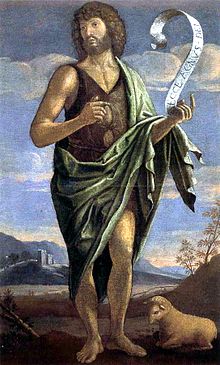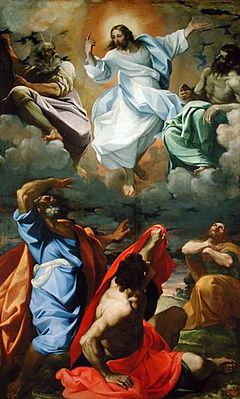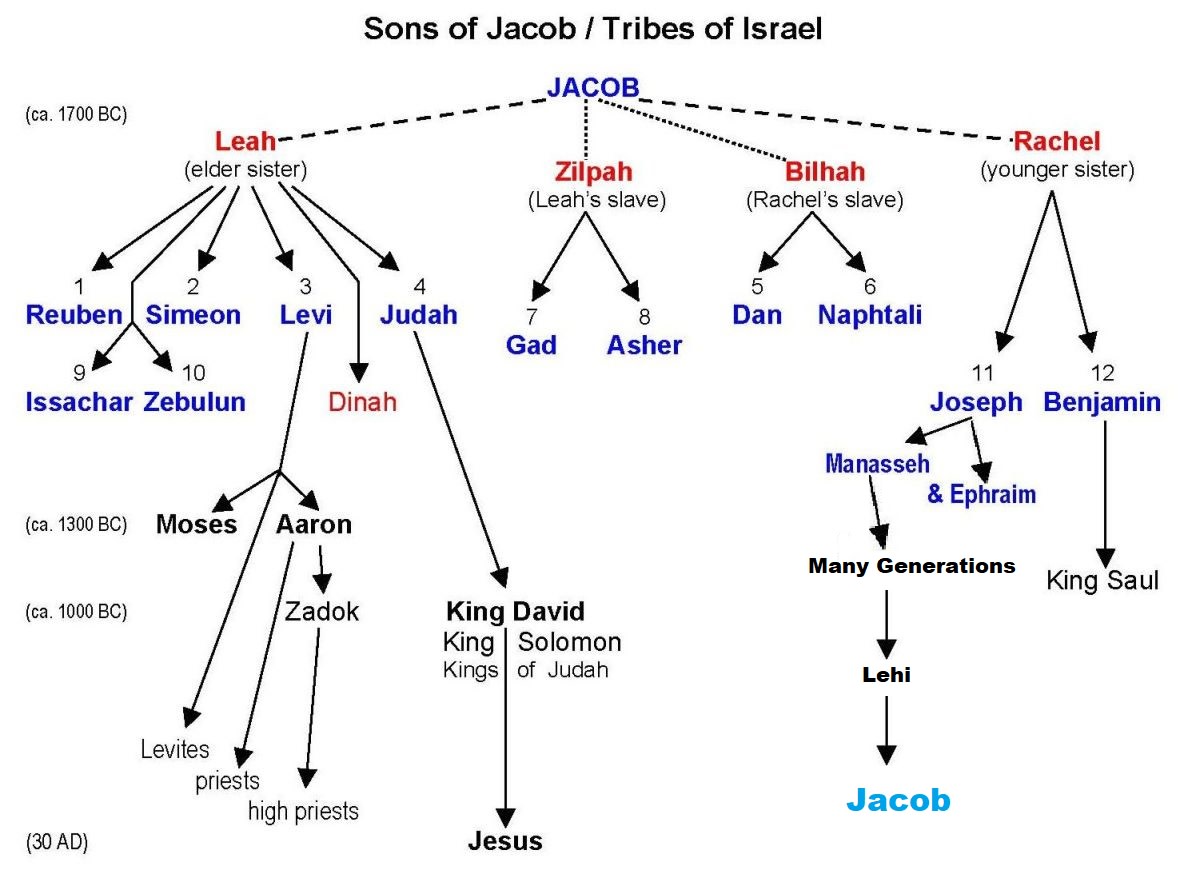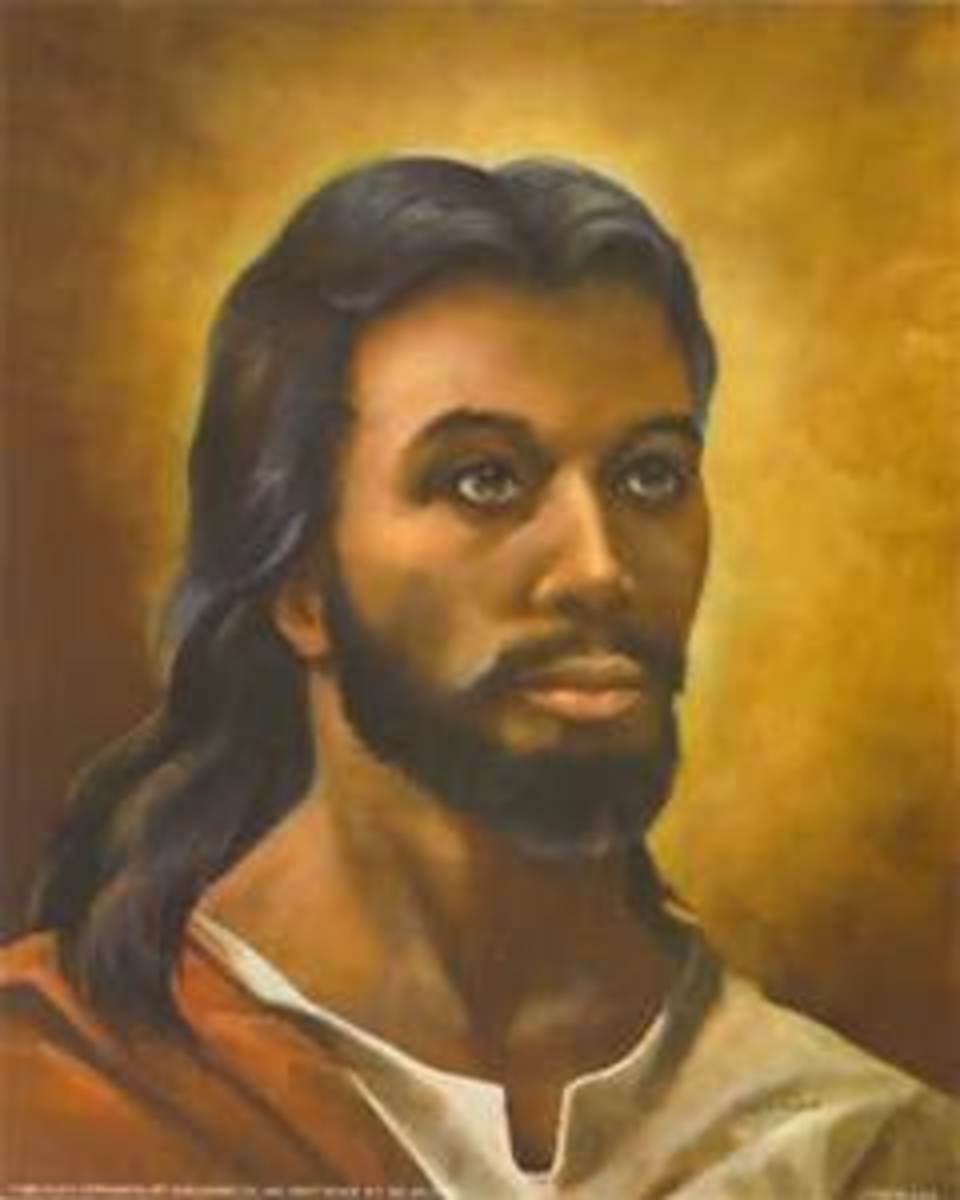Bible: What Does John 1:1-18 Teach Us About the Incarnation of the Word of God?
The Apostle John

The Function of the Light
view quiz statisticsJohn's Prologue
John 1
The Apostle John begins his gospel as Moses began Genesis: “In the beginning.”
This “beginning” occurs before the creation of “all things”—a creation that took place “through” the mediation of the “Word.”
That is, God brought nothing into existence except through the agency of the Word.
The Word both co-existed and fellowshipped with God—thus He is personally distinct from God (the Father)—, yet He is, in His eternal essence, God (vv. 1-3).
[Most profound of all things profound, these first three verses (not to mention the entire prologue) consist of monosyllabic words (for the most part).
Yet while simple enough to communicate basic concepts even to a child, the passage contains mysteries that baffle the most erudite of theologians.]
The Greek term logos signifies logic, thought, and concept, and expresses “reason and creative control” to the Greek mind (Ryrie, New Testament Study Bible, 161).
This “light of men,” equivalent to “the life,” originates from the Word in Whom life existed in toto; both “light” and “life” have special meanings in John.
“Light” speaks of divine revelation that discloses to men the “life” (salvation) which comes through Christ.
The powers of darkness (namely, the spiritual forces/personages that foment ignorance of or active rebellion against this message/Person that shows God’s way of salvation) will not overcome the power of the light (v. 5).
[If theologians choose the word “overcome” to express the meaning of “comprehend,” why do they not use this word in the translation?]
John the Baptizer

The Herald of the Messiah
The apostle John next introduces John the Baptist as a man sent to testify to the Light (the incarnate Revelation of God), a Person not himself, so that people would believe that Light (vv. 6-8).
Having mentioned the subject of the Light, the writer returns to that Subject for several crucial verses before returning to a discussion of the Baptizer’s ministry.
He points out how the Light functions among the elect and the non-elect.
This “true” Light (as opposed to false light?) reveals spiritual knowledge of God to every human being who is receptive to it (v. 9).
Those in the “world” (the humanistic system at odds with God) who do not acknowledge Him as their Creator do not know Him; they do not receive the available Light (v. 10).
He comes to His creation, but His chosen people (Israel) does not accept Him (v. 11).
Are All Human Beings Children of God?
Are all human beings children of God?
Only Believers
However, individuals within that nation (and from other nations) become spiritually receptive and believe Him; consequently, they receive from Him a gift—the authority to become God’s children (v. 12).
People so endowed acquire this status supernaturally; that is, God sovereignly bestows it upon them.
Their natural birth and even their desire to achieve salvation on their own have nothing to do with obtaining this privilege; they can contribute no merit at all toward gaining entrance into God’s family (v. 13).
The apostle again addresses the subject of the Person of the Word, Whom he had been equating with the true Light (v. 14; cf. v. 1).
This One, who pre-existed with God and was Himself God, “becomes flesh” (that is, is united with human nature and is born as a human being) and tabernacles (“dwells”) among other human beings (v. 14a).
[“Tabernacles” reminds the reader of the tent that Israel set up to house the presence of the Shekinah glory while they camped in the wilderness (cf. Ex. 40:34-38).
The term also speaks of the feast the chosen people celebrated every seventh month.]
The Transfiguration

The Unique Son of the Father
The apostle’s reference to their (that is, to his and other apostles) beholding the Word’s glory points the reader to Christ’s transfiguration (cf. 2 Peter 1:16, 17), for that is the only time when He revealed the internal Light on Earth (v. 14b).
[Ryrie suggests that Christ's glory is "the visible manifestation of God."]
His glory is “as of the only begotten of the Father” (v. 14c).
[The particle “as” introduces “the characteristic quality” of the Person of the Word; it positively compares His glory with that of the Father. Cf. John 17:5.]
The Word is “the only begotten” (v. 14d).
[Whether the phrase signifies “the eternal generation of the Son” or His being begotten in time is debatable.
What is clear is that the Word maintains a unique relationship with the Father.]
The glory of the Word is “full of grace and truth” (v. 14e).
[Here it makes sense to understand “glory” as His whole personality expressed in His words, attitudes, and actions communicating grace (unmerited favor) and truth (teaching without error in accordance with the mind of God) to humanity.]
The River Jordan

The Heavenly Exegete
The apostle then rehearses John the Baptist’s testimony concerning the preeminence of the Word (“He . . . is preferred before me, for He was before me”).
(The Baptizer delivered this message while immersing the penitent in the River Jordan [v. 15; cf. Matt. 3:11]).
Still meditating upon the concepts of grace and truth, the Apostle John reminds his readers that they (as well as he) have received “of His fullness”; God has showered those who receive Him (v. 12) with abundant grace from His infinite store (vv. 14, 16).
In contrast to Moses (the OT covenant mediator of the Law –the divine-human writing that both guided Israel’s national existence and showed her her sinfulness—), John presents Jesus Christ.
Not only is Christ the Source of grace and truth, as the “only begotten Son, who is in the bosom of the Father,” He is also the Heavenly Exegete (vv. 17-18).
In other words, He perfectly discloses and explains the personal and holy character of the Father.
© 2014 glynch1






